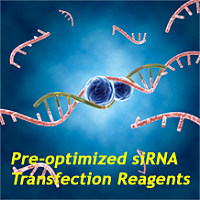Toxins Affecting Cholinergic Neurons
互联网
615
Acetylcholine (ACh) is known to be a neurotransmitter in the nervous systems of vertebrates and invertebrates. The fact that numerous plants, animals, and bacteria have evolved toxins that selectively interfere with cholinergic transmission is an indication of the relative importance of ACh as a neurotransmitter substance. In order for a toxin to be biologically effective, it must produce a sustained action at low concentrations. The high potency and selectivity of these toxins have allowed them to play a crucial role in understanding ACh’s physiological effects and in identifying the properties of the enzymes and receptors subserving cholinergic neurotransmission. For example, snake venom α-neurotoxins have been valuable tools in identifying and purifying nicotinic acetylcholine receptors. In fact, the availability of the α-neurotoxins is a major reason the vertebrate muscle nicotinic receptor is currently the best characterized of all neurotransmitter receptors.







